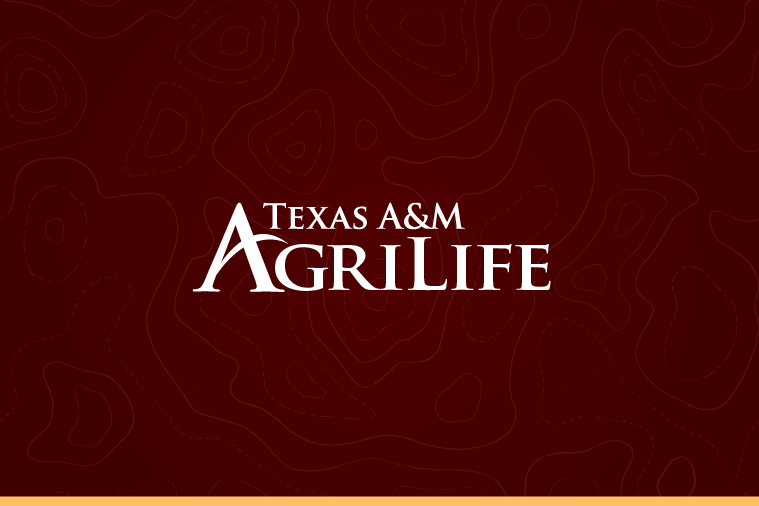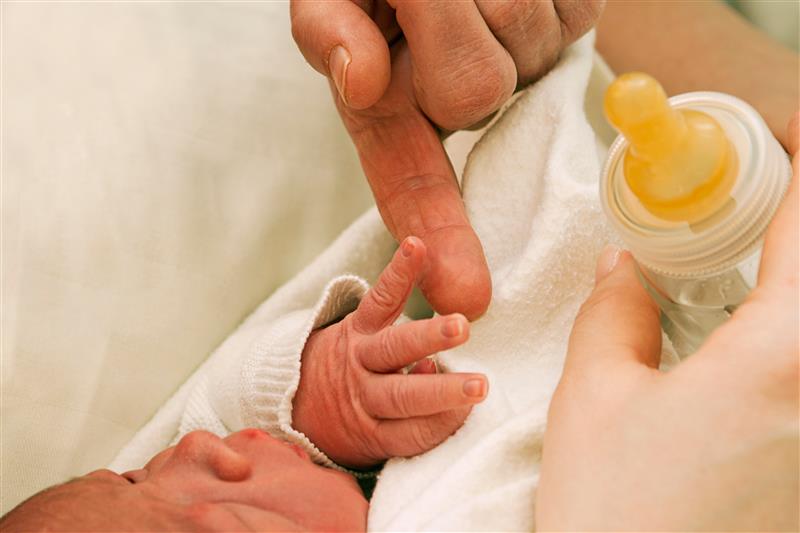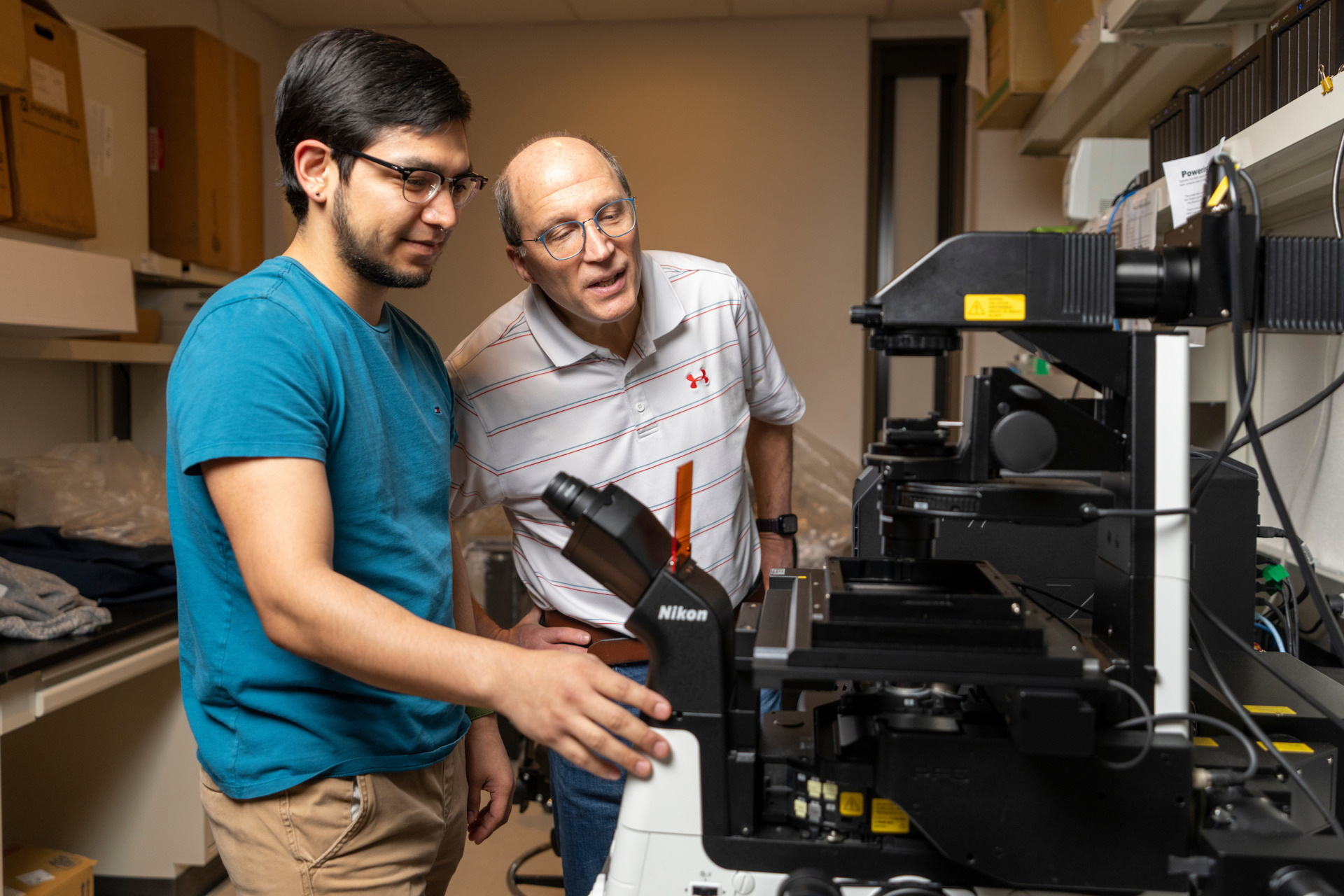Making a positive difference on Earth — and beyond
College of Agriculture and Life Sciences grad Lauren Cornell ’09 exemplifies diversity in scientific accomplishment
As a freshman, Lauren Cornell, Ph.D., was not sure what path to follow in college. Ultimately, however, she graduated magna cum laude in 2009 from Texas A&M University with a bachelor’s degree in genetics. That was the beginning of a diverse and impressive scientific journey.
Cornell not only used her love of science fostered at Texas A&M to start her own business, but also to become a part of a NASA study.
“I was always interested in science. However, when I got to Texas A&M, I didn’t know if I wanted to go into medicine or pursue a different path,” Cornell said. “Finally, after working in various lab settings at the university, I decided to focus on scientific research.”
A former student in the Department of Biochemistry and Biophysics in the College of Agriculture and Life Sciences, Cornell attended Texas A&M under a Robert C. Byrd Honors Scholarship.
“My parents were podiatrists and worked together, so I was exposed to science and medicine from an early age,” she explained. “My father used to show me how to conduct experiments and explained to me how fun it was to discover things using science. But, I went to a small school in Abbott, Texas, that had limited science-related educational opportunities. There were only 20 people in my high school graduating class.”
Cornell said her limited classroom exposure to science was part of the reason she initially had trouble deciding on a specific scientific path while at Texas A&M.
“Luckily, my parents stimulated my interest in science,” she said. “In my family, I had one aunt with Down’s Syndrome, and because of that I learned something about the role of genetics. And another of my aunts worked at NASA, so that gave me a further connection to science.”
A startup with a special purpose
Today, Cornell is CEO of NovoThelium, a San Antonio-based science startup she co-founded with Bianca Cerqueira, Ph.D. Once again, it was partly due to the experiences of another family member – her grandmother – that she was inspired toward this particular journey.
“My grandmother had breast cancer and passed away because she delayed her treatment due to concerns about what she would look like after having a mastectomy,” Cornell said. “There were limited breast reconstruction options at that time, so as a result, she waited too long to get a mastectomy.”
Cornell said the greatest challenge in current post-surgery breast reconstruction is nipple reconstruction.
“Nipple reconstruction is vital for a woman’s post-mastectomy mental and physical well-being and healing, including the feeling of being whole again,” she said.
In current breast reconstruction surgeries, if the nipple can’t be saved, then the surgeon will suture the skin where the nipple should be and create a mound of skin shaped like a nipple, Cornell explained.
“After that, the protrusion, which is basically scar tissue, can be tattooed for the desired pigmentation,” she said. “Unfortunately, this ‘nipple’ usually has little to no sensation, and typically within three years, will lose its projection and start to flatten out.”
A scientific solution
At NovoThelium, Cornell and Cerqueira and their team are working to develop a bioengineered matrix from donor nipple areolar tissue that would serve as a type of “scaffolding” for nipple reconstruction.
“This process involves removing donor DNA from a nipple provided through an FDA donor tissue bank to create an acellular matrix or platform that can be implanted into the breast,” Cornell said. “Then the patient’s own cells can repopulate the grafted collagen scaffold to create a ‘new’ nipple comprised of the patient’s own cells.”
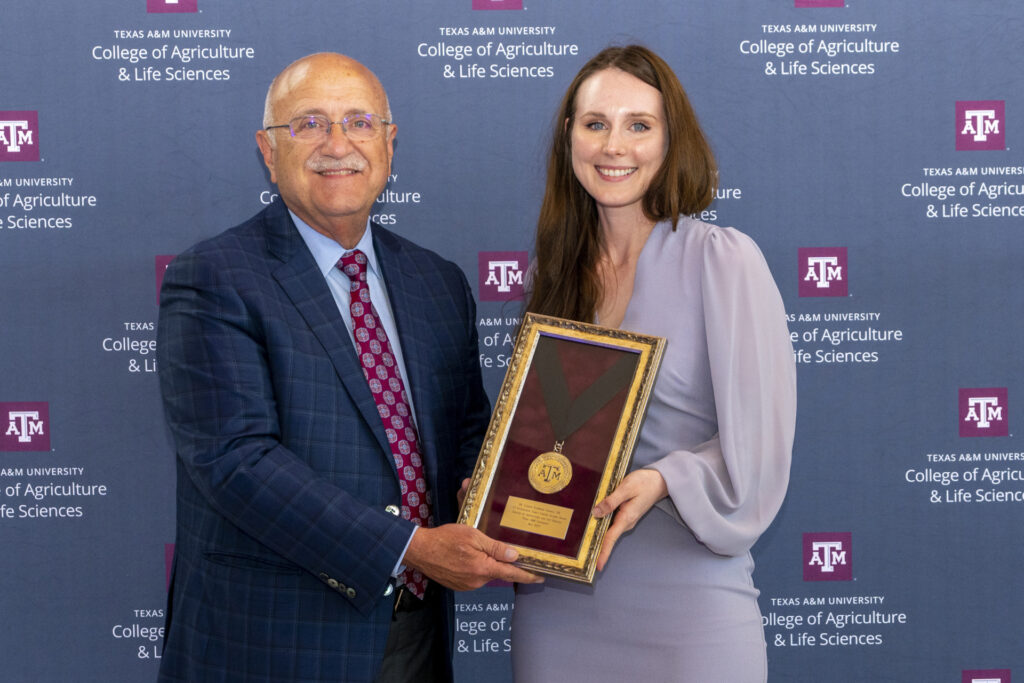
Cornell said while the use of an acellular matrix for tissue repopulation has been around for many years, the business was able to secure a patent because the technology would be used in the process of nipple reconstruction. She credited one of the courses she took at Texas A&M with her knowledge of how to apply for a patent on how NovoThelium planned to use this technology.
“I took an invention-related course in the College of Engineering that required students to develop an invention that was patentable and then research it to ensure nobody had already gotten a patent for it,” she said. “That was very helpful knowledge for when we needed to apply for a patent related to our business.”
Cornell said NovoThelium has won several national and international awards, in addition to being identified as an outstanding entrepreneurial enterprise by both France and Switzerland. It has also won or placed in more than a dozen business plan competitions and has been recognized during “Women in Science Day” by the Small Business Administration.
“Our long-term goal for NovoThelium is to develop a number of women’s health care products to improve women’s quality of life and enhance their feeling of wholeness and overall well-being,” Cornell said.
Standout classes at Texas A&M
Cornell said three classes at Texas A&M were particularly helpful in determining the direction of her science career.
“I enjoyed organic chemistry because we were able to conduct experiments and got to see the practical application of scientific principles,” she said. “And from organic chemistry, I went into biochemistry, which was by far my favorite class because it addressed the chemical processes of living organisms. And my third-most favorite class was population genetics, which not only solidified my love of genetics but also led me to the opportunity to attend Oxford my senior year.”
Josh Wand, Ph.D., University Distinguished Professor and head of the Department of Biochemistry and Biophysics, Bryan-College Station, said the goal of the department is to introduce students to the wonders of biochemistry, biophysics and molecular genetics, and lay the foundation for a successful career in research or the allied professions.
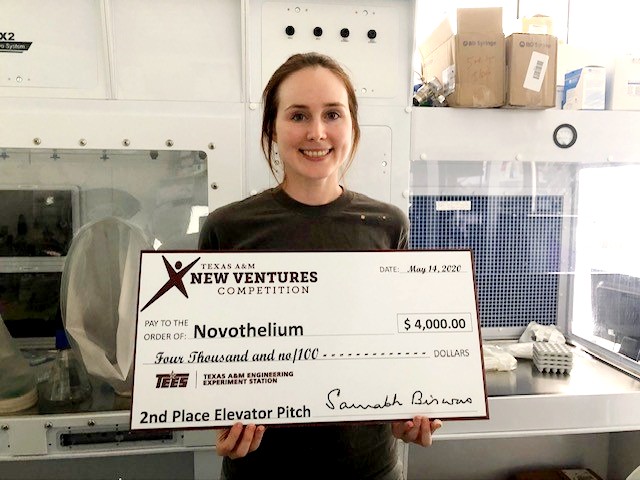
“We strive to do this through superlative course offerings that provide a gateway to research experiences at both the undergraduate and graduate levels,” said Wand, who is also a professor of chemistry in Texas A&M’s College of Arts and Sciences and professor of molecular and cellular medicine in the Texas A&M School of Medicine.
Wand said biochemistry is a dynamic and diverse field that has become the basic discipline for the life sciences, and biochemists have made significant discoveries that relate to medicine, agriculture and the environment.
“The diversity of Lauren’s experiences with applications of biochemistry demonstrate the value of a solid foundation in science and show the variety of career opportunities available to those who have the desire to pursue them,” Wand said.
Further accomplishments
After graduating from Texas A&M, Cornell earned her master’s degree in Biomedical Engineering through a joint program of the University of Texas Health Science Center, UTHSC, and the University of Texas at San Antonio, UTSA.
“My former roommate at Texas A&M was accepted to the UTHSC School of Dentistry in San Antonio,” she said. “She convinced me to come to San Antonio to continue my education. I liked the city and decided it would also be a good place to establish a startup.”
As a graduate student, she was accepted into a Food and Drug Administration Fellowship, received a Military Health Young Investigator Award and was selected for a Texas Business Hall of Fame Future Texas Business Legend Award. She also attained a scientific communication fellowship from the Association for Research in Vision Ophthalmology, where she lobbied Texas representatives in the U.S. Congress and Senate for scientific funding.
Cornell completed her doctorate through the Translational Science Doctor of Philosophy program, a joint program administered by the University of Texas at Austin, UTA, and UTHSC San Antonio.
After graduation, Cornell held several sensory trauma research positions with the U.S. Army Institute of Surgical Research. She now works as a research scientist in military biomedicine with the U.S. Air Force 59th Medical Wing at Joint Base San Antonio, Lackland Air Force Base, in addition to overseeing the business side of the NovoThelium startup.

“The diversity of Lauren’s experiences with applications of biochemistry demonstrate the value of a solid foundation in science and show the variety of career opportunities available to those who have the desire to pursue them.”
Josh Wand, Ph.D.
Department Head of Biochemistry and Biophysics
Current scientific research
“My current research through the Air Force is focused on resilience,” she said. “At this time, we are studying the impact of alcohol on the mental health and well-being of military personnel affected by stress, PTSD and other conditions. Our goal is to help military personnel be more resilient and find more productive and positive ways to deal with psychological challenges.”
She credited both the Army and Air Force for giving her the flexibility to pursue her graduate and post-graduate education.
“It was difficult to balance my work and studies and also help build a startup enterprise,” she said. “But I’m used to working hard and was fortunate that, in my experiences of working for the military, I was given the latitude to continue my higher education.”
Experiences of an analog astronaut
In addition to her already impressive accomplishments, last year Cornell was selected as an “analog astronaut” to conduct research for NASA’s Human Exploration Research Analog, or HERA, mission. As a member of the ground-based crew of four, she lived and worked in tight quarters for 45 days inside a unique simulation habitat at NASA’s Johnson Space Center in Houston.
“The habitat, which was in a warehouse at the center, was small – about the same size as what the astronauts have on the International Space Station,” she said. “It was designed to serve as a simulated environment in which to study isolation, confinement and remote conditions during space exploration.”
Cornell said she and the other mission participants went through two and a half weeks of pre-mission training and a week of post-mission debriefing, making the entire experience a two-and-a-half-month commitment.
The data collected on the HERA mission will be used to help prepare humans for Artemis exploration missions to the moon, as well as trips to the planned lunar Gateway and long-duration missions to Mars.
“We got to experience what it would be like to conduct scientific experiments in space, accounting for differences in gravity and other variations,” she said. “Fortunately, those of us who were selected as crew members decided to spend as much time as possible together before the mission, and that really helped prepare us for the long term. In fact, we all became friends, and a year later, we still keep in touch.”
Cornell, who is also a fellow in NASA’s Spaceflight Technology, Applications and Research, or STAR, Program in space biosciences training, said she was thrilled to participate in the HERA mission.
“I enjoyed the entire experience so thoroughly that I wouldn’t hesitate to sign up as a crew member for a mission to Mars.”

Lessons learned
Due to her commitment to the life sciences and notable successes, Cornell was selected for a 12 Under 12 Award by the Texas A&M Association of Former Students. The 12 Under 12 Awards recognize the contributions of Texas A&M alumni who graduated in the past 12 years and are leading by example in business and service.
Cornell said throughout her academic and professional career she has encountered a few setbacks but has drawn from the lessons she learned through her academic and professional experiences.
“I feel it is important that young people get involved in STEM education, and I have tried to be a mentor to young people who want to pursue a career in science,” she said. “My own experience with science was somewhat limited due to growing up in a small town, but I was still able to seek out and find opportunities. But having more STEM opportunities available in school would have been helpful.”
She said one of the most important life lessons she has learned is how to accept criticism.
“If you are doing an experiment and something isn’t working, you need to find out why and make the needed corrections,” Cornell said. “It’s the same if you make a mistake or if something isn’t working in a different context. If someone offers you some constructive criticism that helps lead you to a solution, you should be able to accept that criticism with grace and accept its underlying value.”
She also said her experiences taught her the need for persistence.
“It’s important to dedicate yourself to your research — or whatever else you commit yourself to in life — and see it all the way through to the finish line.”

